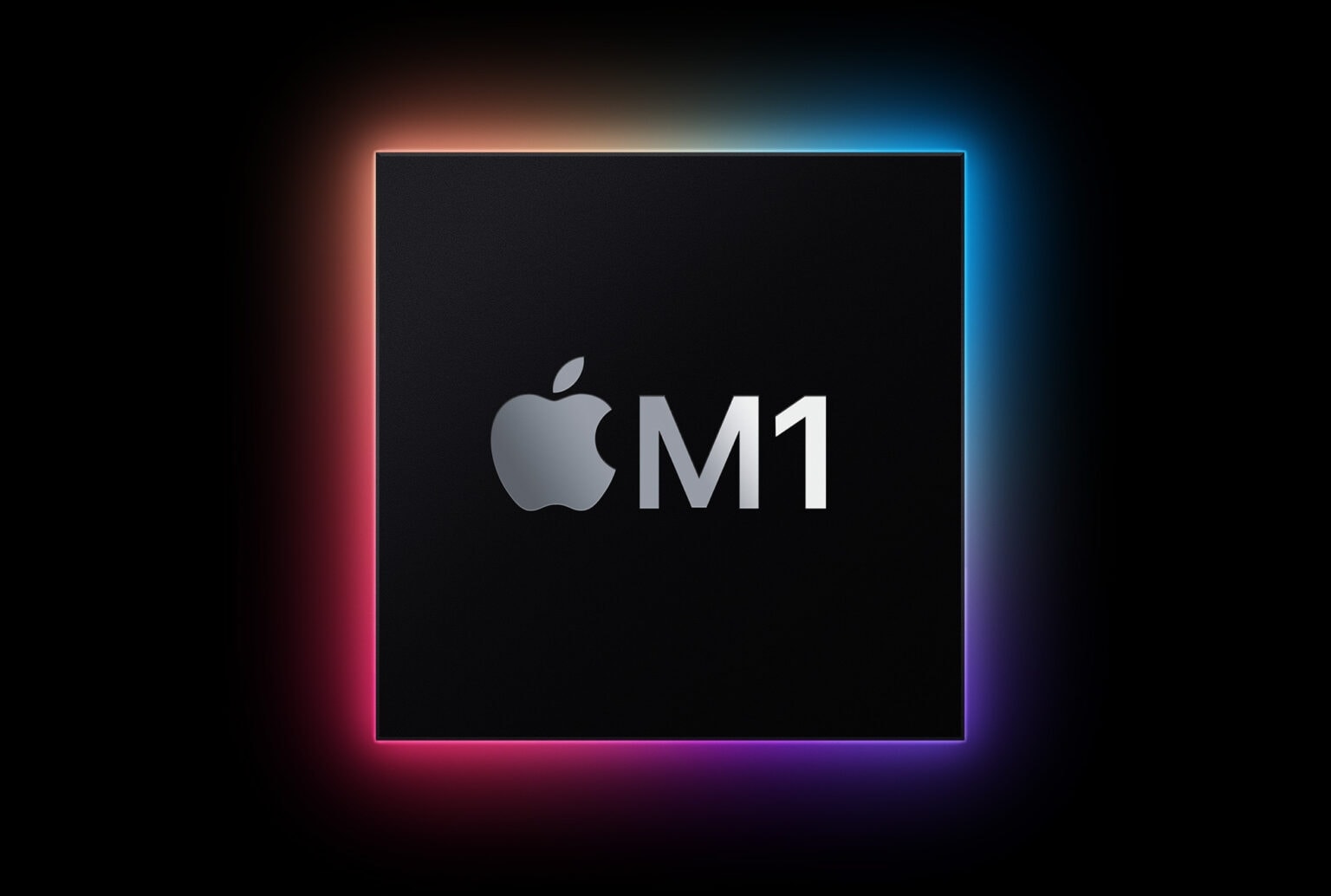Apple filed a lawsuit Friday against a “stealth mode” startup known as Rivos, saying it poached engineers who stole proprietary information as part of the recruitment process.
Cupertino said Rivos plans to design chips that will compete with its own — and starting with Apple’s own technology.
Apple sues Rivos for poaching engineers who allegedly stole secrets at the startup’s request
The lawsuit accuses Rivos of hiring more than 40 former Apple employees during the past year to work on system-on-chip (SoC) technology that competes with Apple’s A-series and M-series chips, Reuters reported.
“Starting in June 2021, Rivos began a coordinated campaign to target Apple employees with access to Apple proprietary and trade secret information about Apple’s SoC designs,” Apple said in the complaint.
From the filing:
‘Stealth mode’ startup Rivos, which was founded to design and market its own competing SoCs, has filled out its ranks with dozens of former Apple engineers. Starting in June 2021, Rivos began a coordinated campaign to target Apple employees with access to Apple proprietary and trade secret information about Apple’s SoC designs. Apple promptly sent Rivos a letter informing Rivos of the confidentiality obligations of Apple’s former employees, but Rivos never responded.
Prior to the lawsuit, Apple sent Rivos a letter explaining how its former employees remain bound to confidentiality agreements they signed. But Apple said the startup did not respond.
Apple accuses outgoing employees recruited by Rivos of stealing “gigabytes of sensitive SoC specifications and design files” in the lawsuit.
In the complaint, Apple named two engineers who had worked on its chip team who had allegedly left with such volumes of information. They are Bhasi Kaithamana and Wen Shih-Chieh, aka “Ricky,” who joined Rivos last fall.
As the filing notes, identifying suspected methods used by departing engineers:
Some used multiple USB storage drives to offload material to personal devices, accessed Apple’s most proprietary specifications stored within collaboration applications, and used AirDrop to transfer files to personal devices. Others saved voluminous presentations on existing and unreleased Apple SoCs—marked Apple Proprietary and Confidential—to their personal cloud storage drives. One even made a full Time Machine backup of his entire Apple device onto a personal external drive.
What does Apple want?
In the lawsuit, Apple said it was forced to sue because of the amount and nature of information stolen and the fact that employees are “now performing the same duties for a competitor with ongoing access to some of Apple’s most valuable trade secrets.”
Apple’s lawsuit intends “to recover its trade secrets, to protect them from further disclosure, and to uncover the full extent of their use to try to mitigate the harm that has and will occur.”
Apple’s suit requests an injunction be levied against the employees who joined Rivos to prevent them from continuing to leak sensitive data. It asks for compensation for the loss caused by trade secret misappropriation, and additional damages for “unjust enrichment” of Rivos from Apple’s data.
In lieu of damages, Apple asks for “a reasonable royalty rate” from Rivos. Apple also requests a jury trial. So we might hear quite a bit more about the case, Apple v. Rivos, in the near future.


